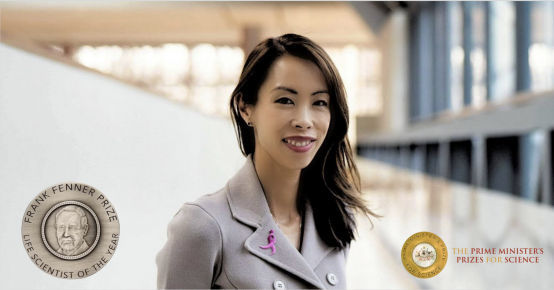CNS tumours increase in children
Incidence rates of CNS tumours in children increased steadily across a 30 year period, according to data from the Australian Childhood Cancer Registry.
The study of 4,914 children under 15 years old diagnosed with malignant or non-malignant CNS tumours found an increase of 29% between 1983 and 2016.
Incidence rates of astrocytomas rose sharply to a peak in the mid-1990s and have since declined slightly, compared to an ongoing increase of 0.8% per year for embryonal tumours, and relatively stable rates of ependymomas/choroid plexus tumours or other glioma.
There were fewer malignant tumours and more non-malignant tumours over time while grade I tumours and high grade tumours increased and grade II tumours decreased.
“Reasons behind the overall increase in incidence are uncertain but are likely in large part to be related to the introduction of new diagnostic tools,” the study authors said.
Survival following tumours such as ependymoma and medulloblastoma increased over the study period while there were no improvements for patients with astrocytoma, for patients with grade III/IV mixed and unspecified gliomas or those with a grade IV primitive neuro-ectodermal tumour.
Read more in the Journal of Neuro-Oncology
MBS item for allied health case conferencing
New Medicare items will allow allied health professionals to be reimbursed for taking part in case conferences to support people with chronic diseases or young children with developmental disorders.
From 1 November allied health professionals will be paid to attend multidisciplinary conferences held by the patient’s regular doctor – in person, via video conference or phone –to discuss diagnosis, care and treatment plans.
The new items are for eligible allied health professionals participating in multidisciplinary case conferences for people with chronic disease under the care of a General Practitioner as part of Team Care Arrangements, as well as children aged under 13 years under the care of a specialist, consultant physician or GP to provide early diagnosis and treatment of autism or any other pervasive developmental disorders.
For chronic disease management, eligible professionals include: Aboriginal and Torres Strait Islander health practitioners and health workers, audiologists, chiropractors, diabetes educators, dietitians, exercise physiologists, mental health workers, occupational therapists, osteopaths, physiotherapists, podiatrists, psychologists and speech pathologists.
For children with pervasive developmental disorders: Aboriginal and Torres Strait Islander health practitioners and health workers, audiologists, mental health nurses, mental health workers, occupational therapists, optometrists, orthoptists, physiotherapists, psychologists and speech pathologists can take part.
Victorian oncologist is Life Scientist of the Year
 The $50,000 Frank Fenner Prize for Life Scientist of the Year 2021 has been presented to Professor Sherene Loi, medical oncologist and Head of the Translational Breast Cancer Laboratory at Peter MacCallum Cancer Centre, Melbourne.
The $50,000 Frank Fenner Prize for Life Scientist of the Year 2021 has been presented to Professor Sherene Loi, medical oncologist and Head of the Translational Breast Cancer Laboratory at Peter MacCallum Cancer Centre, Melbourne.
Part of the 2021 Prime Minister’s Prizes for Science, the award has been given in recognition of Professor Loi’s work in breast cancer research and translation into clinical practice.
According to Peter Mac, Professor Loi’s research into tumour infiltrating lymphocytes (TILs) has led to its adoption as an immune biomarker test for breast cancer as well as a better understanding of the interaction between the immune system and breast cancer growth. TIL is now part of routine pathology reporting for breast cancer in many countries, and is included in the WHO Blue Book on Breast Tumours.
Professor Loi has also made a significant contribution in clinical trails of immunotherapy such as pembrolizumab in patients with advanced HER2-positive breast cancer.
As well as her research work she also has a breast cancer clinical practice and leads the Breast Oncology Trials unit across the Parkville Precinct, encompassing Peter Mac, the Royal Melbourne Hospital and Royal Womens Hospital.